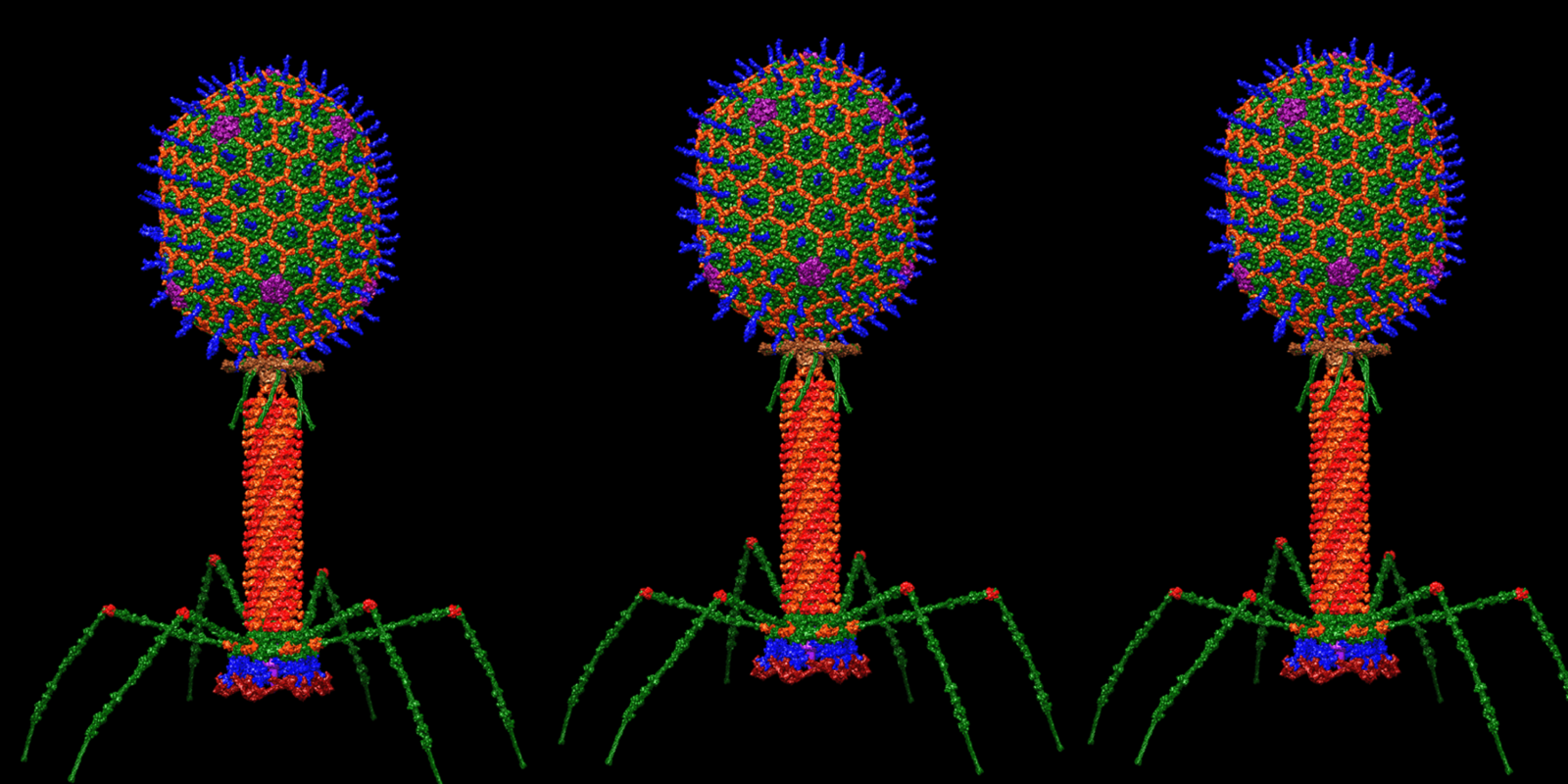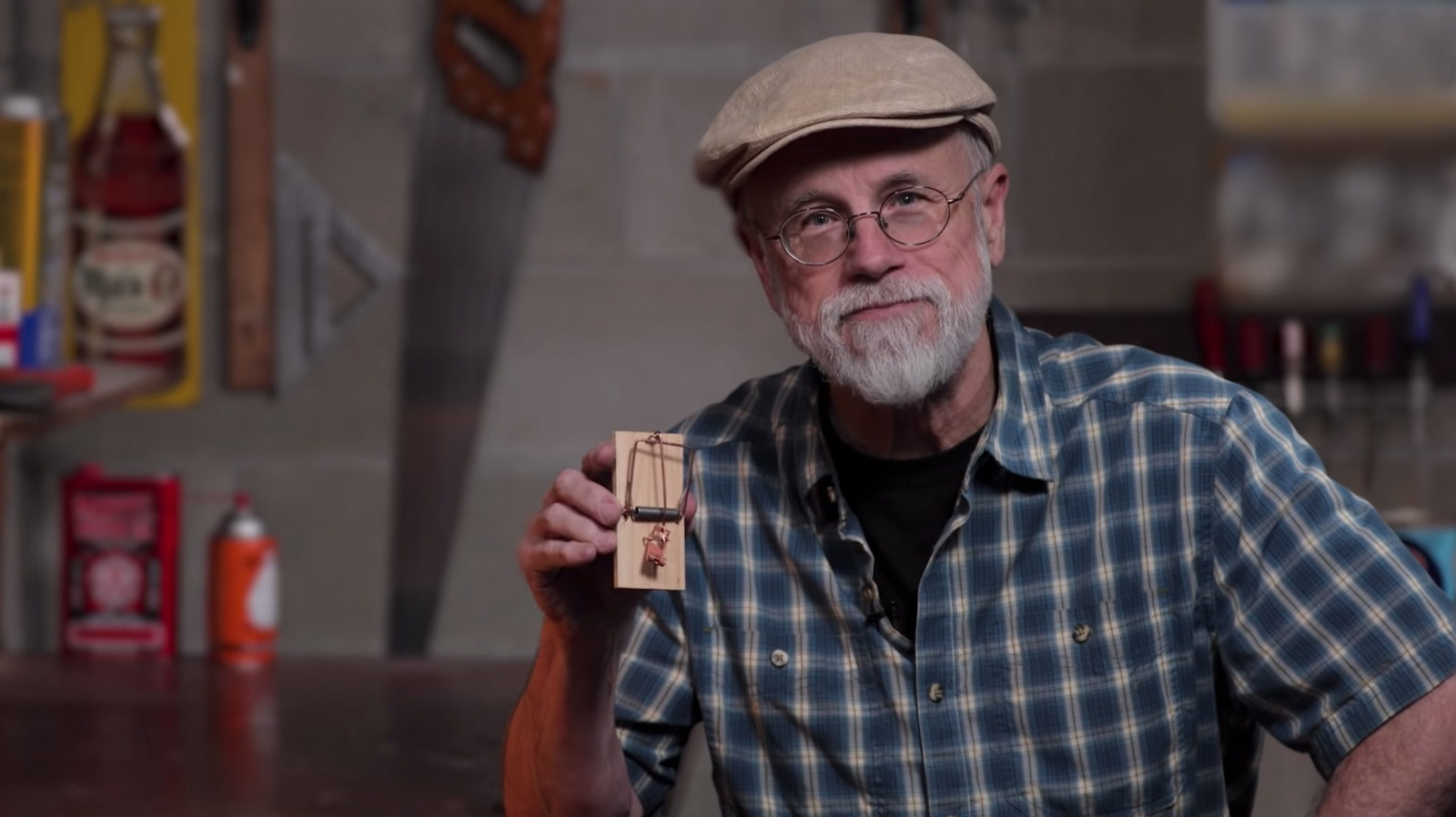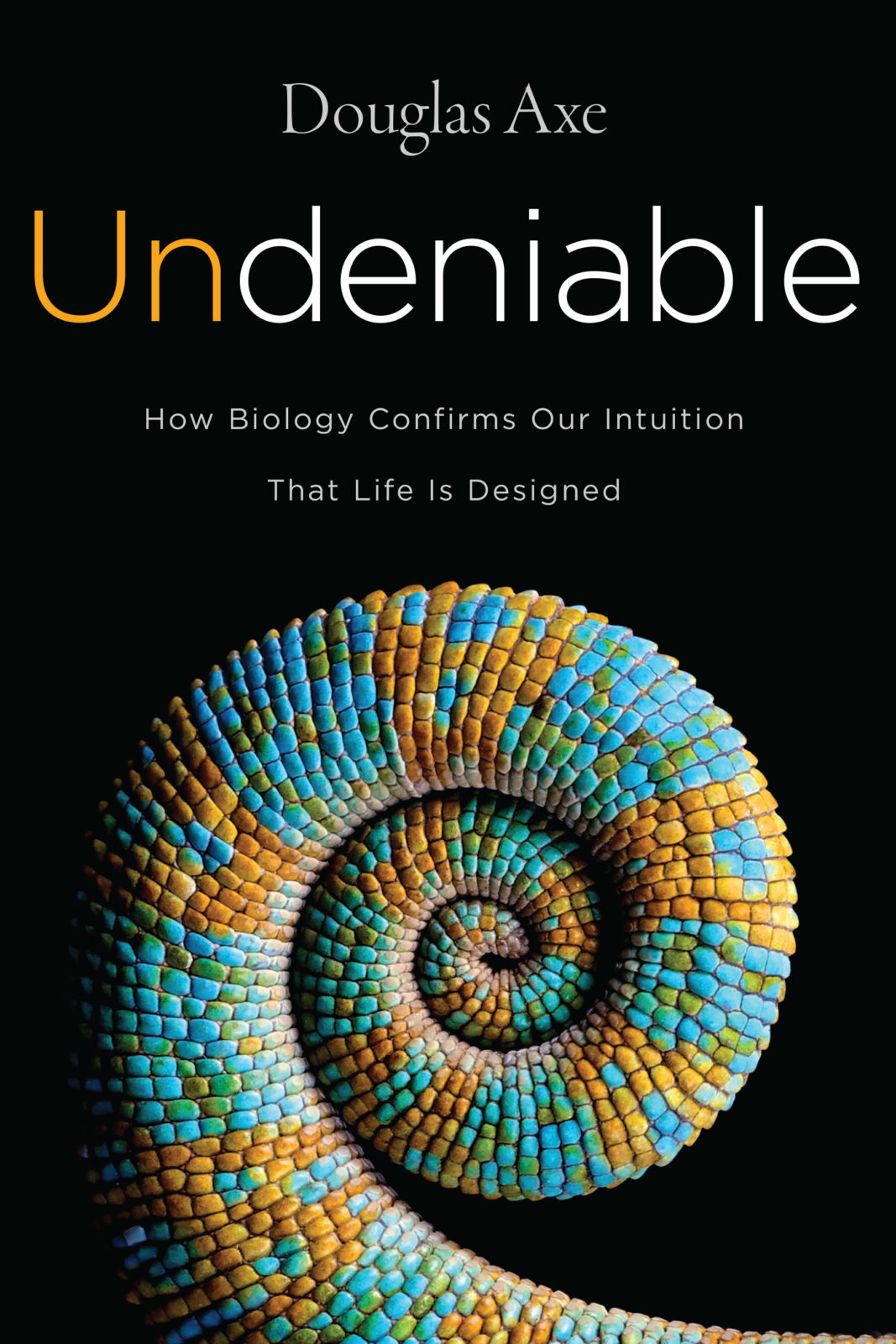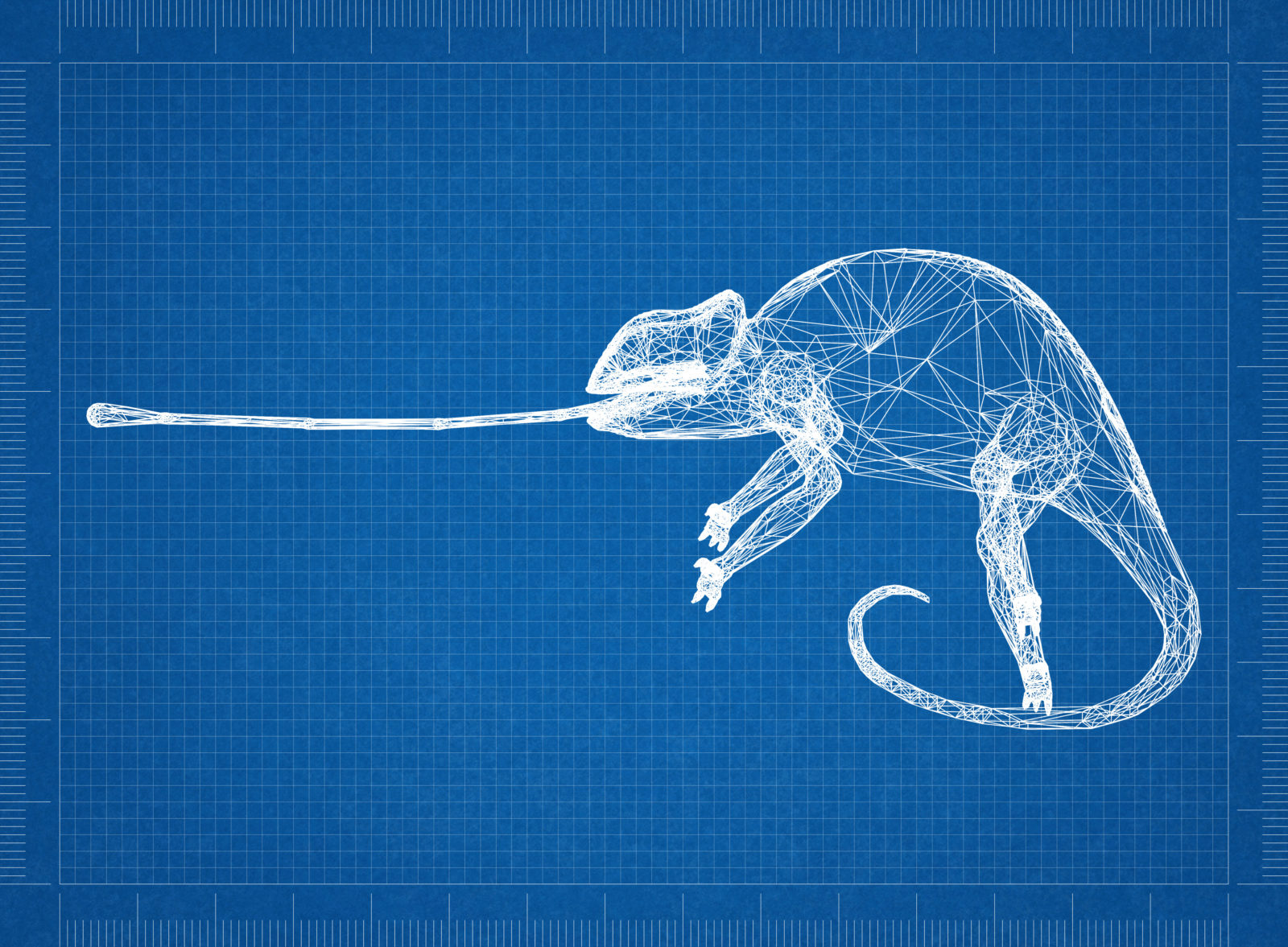


Behe and Ramage: Evolution’s Limits and the Fingerprints of Design

Behe and Ramage Debate, Pt. 2: Evolution, ID, and Aquinas

Behe: Bacteriophage—The New Poster Child for Darwin’s Doom

Philosophical-ish Objections to Intelligent Design: A Response to Paul Draper
Recently I was asked by several people whether I had ever responded to an old review of Darwin’s Black Box by Purdue University philosopher of religion Paul Draper. I had not done so, but will use the occasion to respond now and to clear up a couple of philosophical-ish objections that have been raised against intelligent design over the years. In 2002 Read More ›

Undeniable
Throughout his distinguished and unconventional career, engineer-turned-molecular-biologist Douglas Axe has been asking the questions that much of the scientific community would rather silence. Now, he presents his conclusions in this brave and pioneering book. Axe argues that the key to understanding our origin is the “design intuition” — the innate belief held by all humans that tasks we would need Read More ›
Finding Design in Nature
Andrew Brown’s comment on the debate I had with Michael Reiss missed a critical point. My contention is that “the purposeful arrangement of parts” to achieve a specific purpose is the criterion that enables us to recognise design. I argued that the conclusion of design in the bacterial flagellum and in many other biological systems is no different from discerning Read More ›

ID is Constitutional and has Educational and Legal Merit
[Editor’s note: This article was posted as part of a series of articles both for and against ID at OpposingViews.com.] “The part of Kitzmiller that finds ID not to be science is unnecessary, unconvincing, not particularly suited to the judicial role, and even perhaps dangerous both to science and to freedom of religion”1 Jay D. Wexler, Anti-ID legal scholar at Read More ›

What Is Intelligent Design?
Intelligent design is a scientific theory which states that some aspects of nature are best explained by an intelligent cause rather than an undirected cause such as natural selection. Design theorists argue that we can find biological structures with the same informational properties we commonly find in objects we know were designed. Design theorists observe that intelligent action produces large Read More ›
